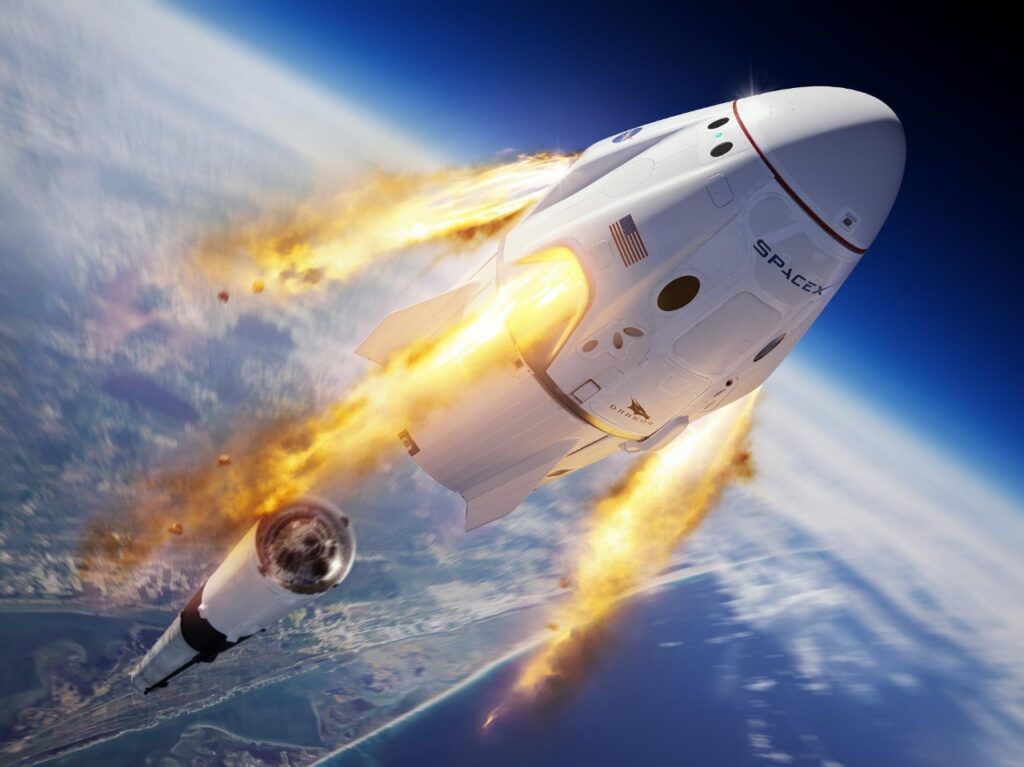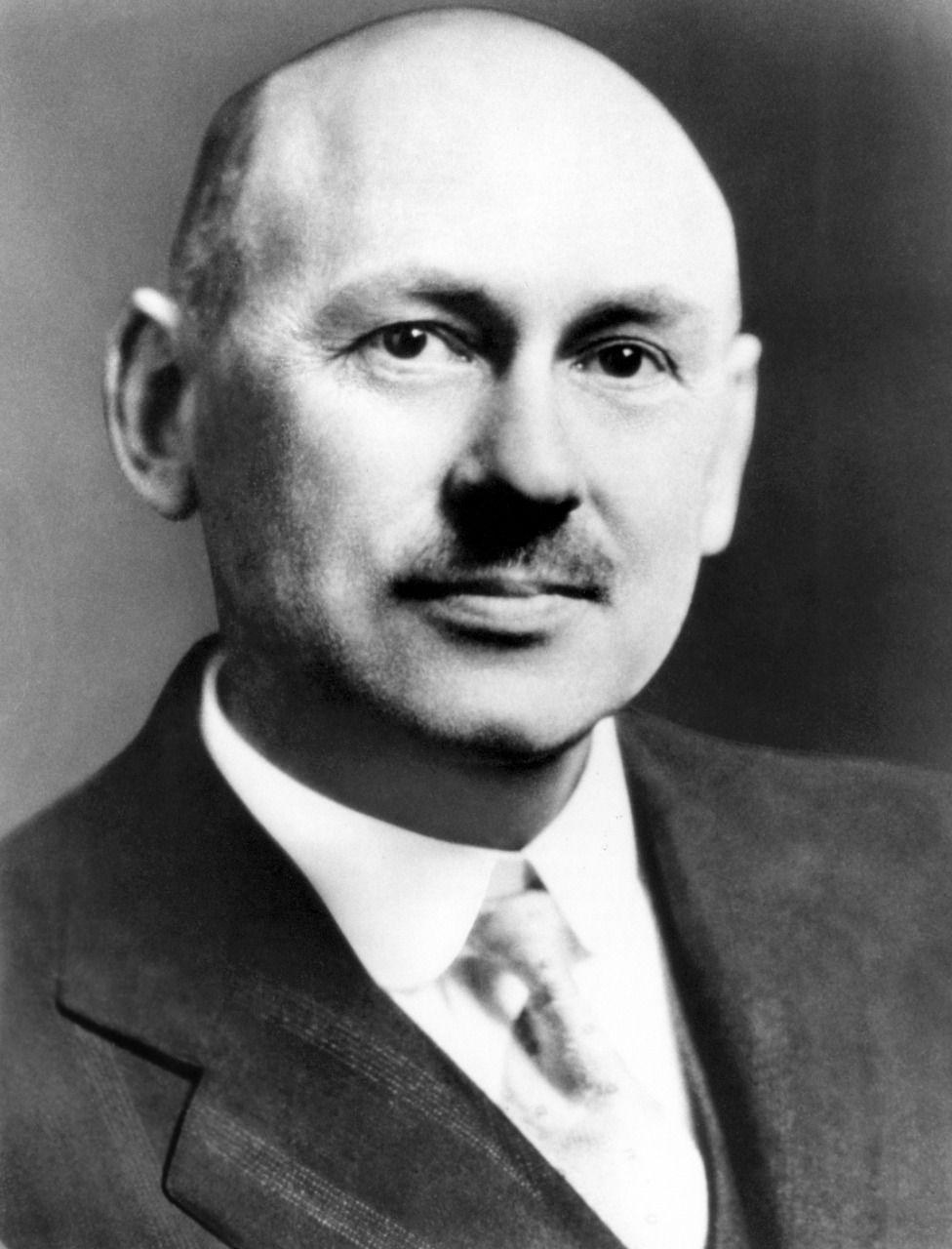
Space has frequently been called the last frontier. Certainly, this is true in the sense of physical frontiers, since humankind has now explored the entire land area of the earth, and our sway is rapidly being extended to the oceans and the air as well. Thus, our species has reached a fundamental turning point in history, imposed by the finite size of the earth itself. Either we are to remain an earth-bound civilization, working out our future confines of this single planet, or else we will expand into the solar system and perhaps someday even beyond.
The dream of space is more than a century old, dating from the pioneer writings of Konstantin Tsiolkovsky of Russia and Hermann Oberth of Germany, and from the inspired backyard engineering carried out by Robbert H Goddard, Wernher Von Braun, and others in the private space and rocket organization.
In the early 20th century, American physicist Robert H Goddard came across the idea of liquid fuel propellant while he was conducting a series of practical experiments in rocketry. Goddard, at least figuratively, was over the moon.
Goddard’s fascination with space flight tracked back to his college days at Worcester Polytechnic Institute. He was actually interested in achieving higher altitude but it was a daunting task to build a liquid fuel rocket than solid –propellant rockets. Despite a lack of resources and sufficient funding, Goddard was able to build a liquid-propellant rocket by 1926. This was game-changing.
But the euphoria of Goddard’s discovery did not leave everyone in awe.
Some thought he was a charlatan, others believed science could not have such a leap of discovery in the 1920s. Such was the disbelief in Goddard’s work that the New York Times in an editorial not just ridiculed Goddard’s intellect and integrity but, also accused him of not understanding Newton’s third law of motion.
“Professor Goddard with his chair at Clark College and countenancing of Smithsonian Institution [from where he held the grant to continue his research independently] does not know Newton’s third law of motion,” read the editorial, “and the relationship between action and reaction, and of a need of something better than a vacuum against which to react. Of course, he only seems to lack the knowledge ladled out daily in high schools.”
In the same year, a similar campaign simultaneously sparked out another controversy when Goddard published one of his research works in Scientific American that intensified the prevailing wave of harsh criticism. This propelled other science outlets also arguing that space travel is nearly impossible. Some even claimed that rocketry can be traced back to more than 2,000 years and never had anyone been able to do the unthinkable: travel to space.
But Goddard was a scientist and such criticism by non-scientists was mere noise to him.
Perhaps the greatest influence and the lifelong gift of Goddard to humanity was his deep understanding of rocketry, inspiration, and celebration that space travel would be a reality in a few decades or so later. It was actually Goddard who initially outlined an uncrewed mission to the moon. Little did he realize that this work would become instrumental in American foreign and defense policy. Goddard’s legacy has arguably quietly been absorbed by engineers and scientists at NASA and the Russian space agency, Roscosmos, who worked frantically on Vostok, Gemini, and Apollo space programs.
In 1919, Goddard published his research work entitled “A method of reaching high extreme altitude”, condensation February 1920, Scientific American and Nature August 1920. The paper thoroughly explained the method of attaining a high altitude around 20 miles, beyond the range for surrounding balloons and developed a theory of rocket propulsion taking into account the air resistance and gravity.
Goddard concluded with the statement that if most of the mass of the rocket consists of propellant, its superiority will increase enormously.
Fifty years after, when NASA’s mission “Apollo 11” successfully landed on the moon with Neil Armstrong, Buzz Aldrin, and Michael Collins on July 1969, those who doubted that space travel was a possibility were left stunned. Those in scientific communities who had belligerently opposed the idea of a small capsule being able to land on the moon could not believe the images.
But it was the New York Times who first came to realize its biggest mistake — dismissing the notion of rocket propulsion and the scientist behind it.
“Further investigation and experimentation have confirmed the findings of Isaac Newton in the 17th century and it is now definitely established that a rocket can function in a vacuum as well as in an atmosphere. The Times regrets the error.”
Though this correction was made 24 years after Goddard’s death, history absolved him.
Also read: Robert H Goddard: From Moon man to father of Rocketry

Saadeqa Khan is the founder, CEO, & Editor-in-Chief of Scientia Pakistan. She’s a member of the Oxford Climate Journalism Network (Second Cohort) and NASW. Saadeqa is a fellow of NPF Washington, The Falling Walls Foundation, and the Science Journalism Forum. Saadeqa has won several international journalism grants and awards for her reports.

